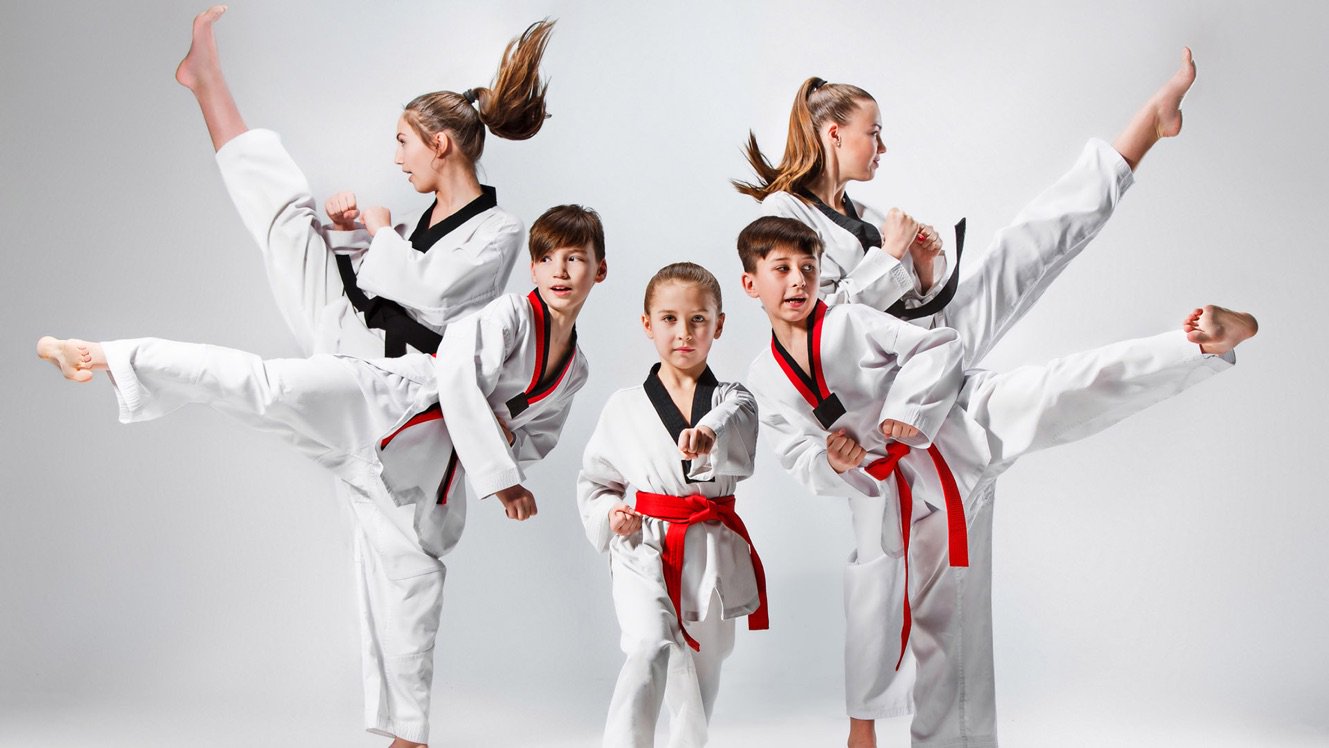Martial arts leads to both physical and mental skill improvements. The popular website kwunion.com posted new article about the helpful effects of training sessions for people with Down Syndrome.
In my years as a martial artist and school owner, I’ve had the fortune of being able to instruct many students with Down Syndrome, as well as students who are on the autism spectrum and who have various mental and physical disabilities. Given the inclusive nature of the martial arts — no one sits on the bench! — I know that many of my fellow school owners also have had this experience. However, in 2010, thanks to Deidre Pujols and the Pujols Family Foundation, I was given the opportunity to do even more.
With help from the Foundation, I was able to create a stand-alone program and curriculum designed specifically for teenagers and adults with Down Syndrome who have their own unique gifts and abilities. What began as a weekly summer class in 2010 had, by 2012, turned into a year-round program taught free of charge to more than 50 students. We now have classes for both beginners and advanced students.
Mural created in downtown Cincinnati to celebrate those living with Down syndrome https://t.co/1oLiTinxDD
— WLWT (@WLWT) August 4, 2020
In the past few years, more than 20 students have earned their black belts, and many more are well on their way to that accomplishment.
The students in this program do the same things that are taught in a typical martial arts program. We just do things a little differently based on the individual needs of the person. The structure of the class is similar to that of our other classes.
I’m often asked about the benefits of martial arts training for students with Down Syndrome. As a martial artist and instructor, I see these students learning and growing through their training — just like every other student. Each one of them has his or her own story, goals and needs, and we try to teach them accordingly.
Last month, I asked the students what they believe the greatest benefit of learning martial arts from us has been for each of them. Keep in mind that some of these people have trained for more than eight years. Others, of course, have just started their journey. The most common answers were: I then polled their parents and caregivers and asked the same question. Their most common answers were:
- Focus
- Power
- Speed
- Self-control
- Listening skills
- Discipline
- Confidence
- Exercise

I then polled their parents and caregivers and asked the same question. Their most common answers were:
- Self-control
- Focus
- Balance
- Improved ability to process/follow instructions
- Weight loss/healthy eating habits
- Respect
- Fitness
- Friendship and camaraderie
In other words, students with Down Syndrome enjoy all the same benefits of training that other martial artists do. They see it, and so do their parents and caregivers.
As a martial arts instructor, I often tell people that I have the best job in the world. I get to spend my whole day teaching and working with people from a variety of backgrounds and circumstances. Those I spend time with are trying to learn, grow, and make themselves better every day. A student with Down Syndrome is like every other student in that regard.
One of the greatest benefits for me is getting to see how people in the Down Syndrome community treat those around them. Students with Down Syndrome and their families are some of the most supportive groups I’ve been around. They all cheer for and encourage everyone in everything they do. This is one of the most important aspects of the martial arts community, as well. We all have to feel that we belong, that we are included. That’s a great lesson for all of us to remember.
By Dwight Trower / blackbeltmag.com



